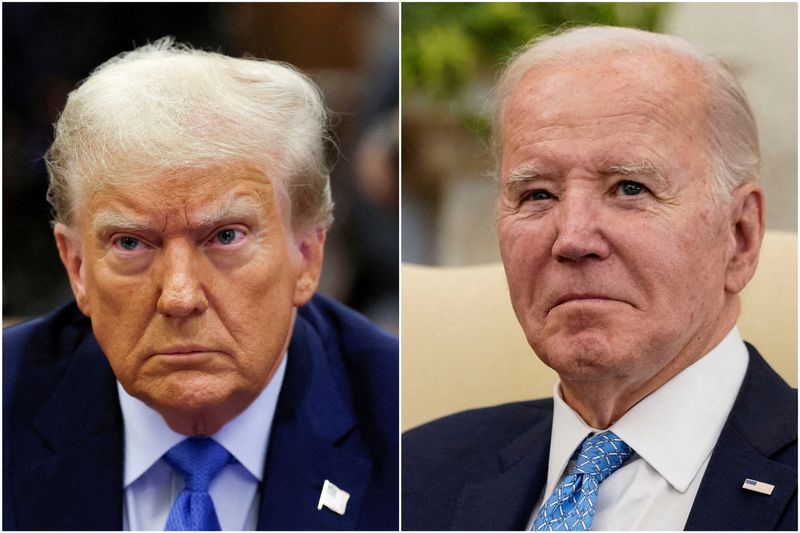The America we all grew up with, know, and love is making a comeback.
In a twist of history, Donald Trump has just won the presidency again, and the reverberations are already loud. For many, this feels like a referendum on the last eight years of liberal progress and bold progressive ideals. But in a polarized America, Trump’s return could very well mark the beginning of a new chapter—a chapter that’s anything but the one many liberals imagined just a few years ago.
This election has prompted questions about whether liberalism and radical progressivism have truly been defeated in America, or if they’ve simply been dealt a hard blow that forces them to adapt. After all, Trump’s victory signifies a substantial swing back toward conservatism, and his message of “Make America Great Again, Again” struck a chord with millions. Many Americans responded to his campaign as if he represented a return to stability, security, and tradition—whatever that meant to them personally. And, in many ways, his win seems to reveal a public more skeptical of progressive policies and rhetoric than mainstream analysts might have assumed.
For the last several years, progressive activism has been hard at work transforming discourse around climate, racial justice, wealth redistribution, and health care. Topics once relegated to the political fringe—like Medicare for All, student loan forgiveness, and aggressive climate action—have become familiar in our national conversations. But the loud response to these ideas has been far from unified. Trump’s election sends a clear signal that not everyone in the country is on board with such dramatic changes. Many voters felt alienated by a political agenda they see as too radical, too fast, and too disconnected from their own priorities. For some, Trump’s promise of a return to “traditional values” spoke directly to their desire for a country that didn’t feel so divided or unfamiliar.
But while Trump’s win feels like a repudiation of progressivism, there’s also a case to be made that it’s less about defeating the ideas themselves and more about rejecting the delivery. The truth is, Americans haven’t suddenly stopped caring about issues like climate change, economic inequality, or healthcare reform. But for many, the approach and intensity of radical progressivism became too intense to digest. The loudest voices on the left can sometimes feel alienating to moderates who might otherwise support milder versions of the same policies. And let’s face it—sweeping changes can feel threatening to those who value security over transformation. Trump’s message, in contrast, presented itself as the anti-chaos option, a return to familiarity and control in uncertain times.
However, to say that liberalism and progressivism are “defeated” may be too final. Trump’s win is a loss for left-wing agendas, certainly, but it’s also a wake-up call. If liberal and progressive leaders want to avoid future defeats, they may need to re-examine their methods, their messaging, and their willingness to appeal to voters who don’t live on Twitter or attend rallies. Progressivism’s energy is essential in a democracy, pushing society forward and expanding our concept of equality. But without the support of the center, its influence falters.
Looking ahead, the Democratic Party faces a choice: double down on radical progressive values or seek a more measured approach that welcomes those weary of aggressive policy shifts. Many Americans will support a vision of social justice, economic reform, and climate action if it feels collaborative and stable. If progressivism can adapt and respond to what this election taught us, it’s not dead—it’s simply preparing for its next chapter.

